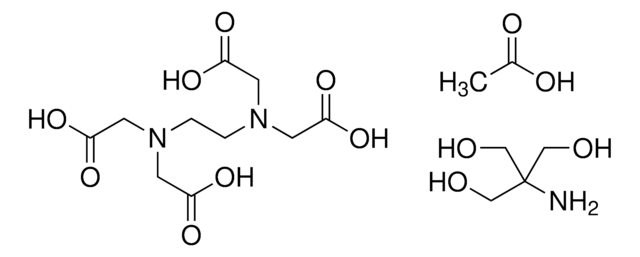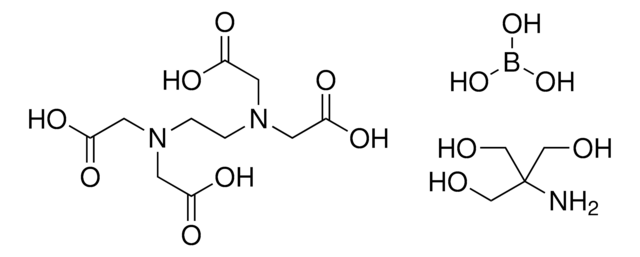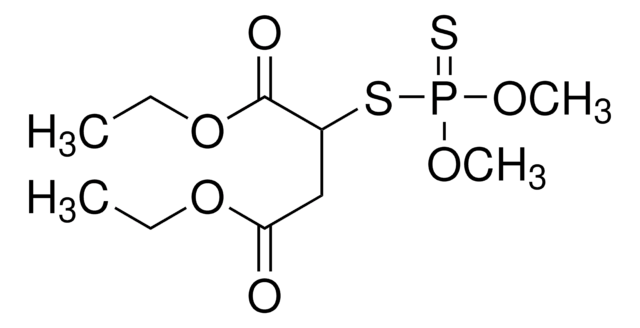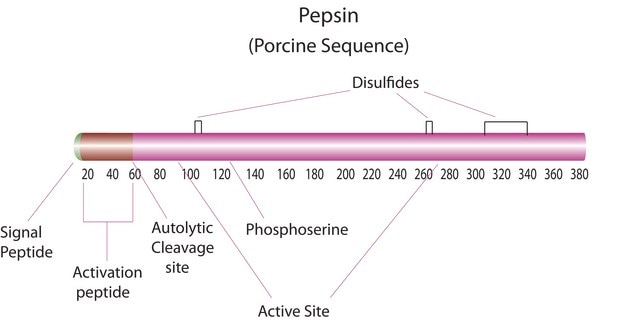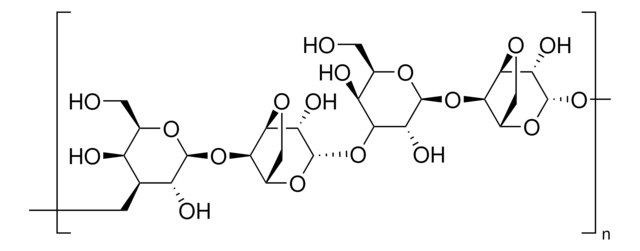T6025
Tris Acetate-EDTA buffer
BioReagent, suitable for electrophoresis
Synonym(s):
TAE buffer
About This Item
Recommended Products
sterility
0.2 μm filtered
Quality Level
product line
BioReagent
form
working solution
technique(s)
electrophoresis: suitable
impurities
DNase, RNase, Protease, none detected
suitability
suitable for electrophoresis
suitable for gel electrophoresis (after dilution to working concentration)
application(s)
diagnostic assay manufacturing
SMILES string
CC(O)=O.NC(CO)(CO)CO.OC(=O)CN(CCN(CC(O)=O)CC(O)=O)CC(O)=O
InChI
1S/C10H16N2O8.C4H11NO3.C2H4O2/c13-7(14)3-11(4-8(15)16)1-2-12(5-9(17)18)6-10(19)20;5-4(1-6,2-7)3-8;1-2(3)4/h1-6H2,(H,13,14)(H,15,16)(H,17,18)(H,19,20);6-8H,1-3,5H2;1H3,(H,3,4)
InChI key
HGEVZDLYZYVYHD-UHFFFAOYSA-N
Looking for similar products? Visit Product Comparison Guide
Related Categories
Application
Other Notes
Preparation Note
Storage Class
12 - Non Combustible Liquids
wgk_germany
WGK 2
flash_point_f
Not applicable
flash_point_c
Not applicable
ppe
Eyeshields, Gloves, multi-purpose combination respirator cartridge (US)
Certificates of Analysis (COA)
Search for Certificates of Analysis (COA) by entering the products Lot/Batch Number. Lot and Batch Numbers can be found on a product’s label following the words ‘Lot’ or ‘Batch’.
Already Own This Product?
Find documentation for the products that you have recently purchased in the Document Library.
Customers Also Viewed
Our team of scientists has experience in all areas of research including Life Science, Material Science, Chemical Synthesis, Chromatography, Analytical and many others.
Contact Technical Service